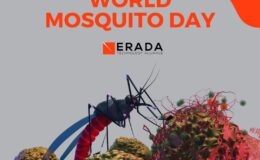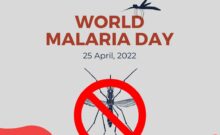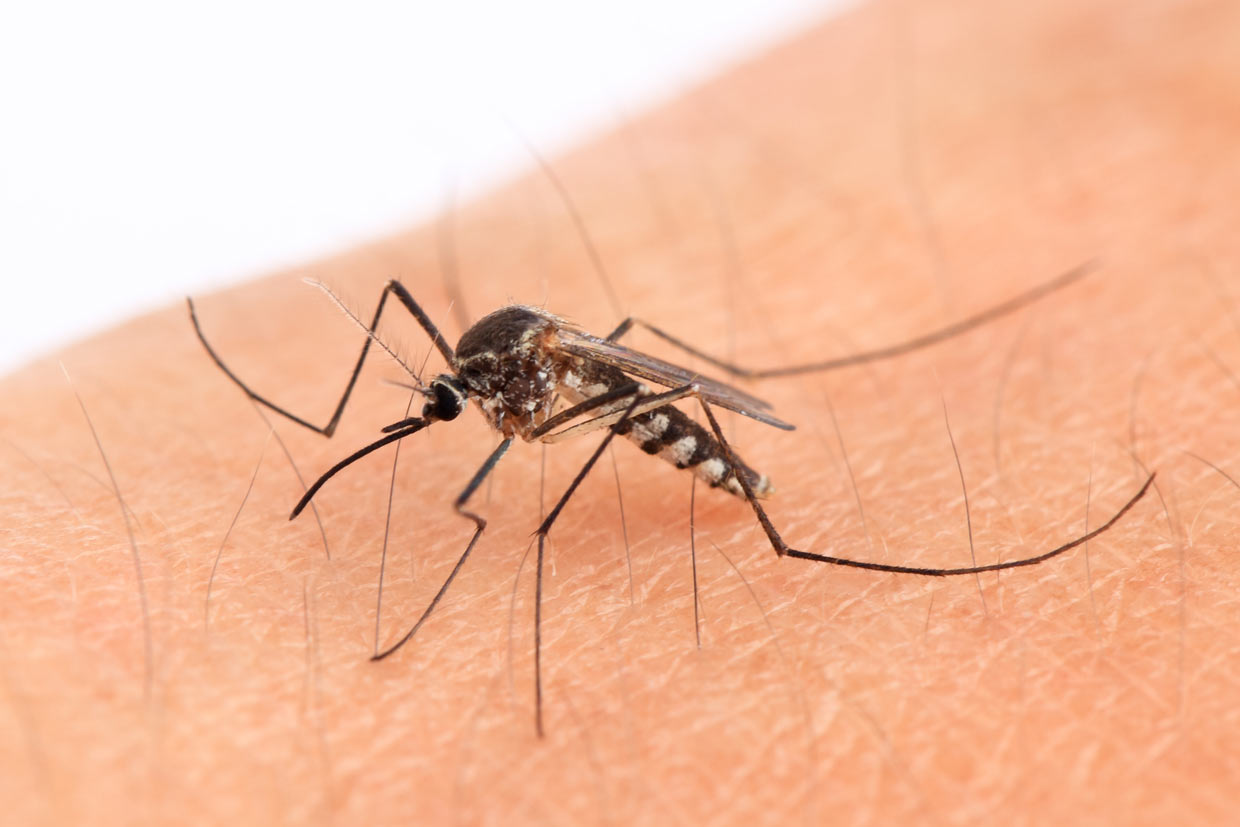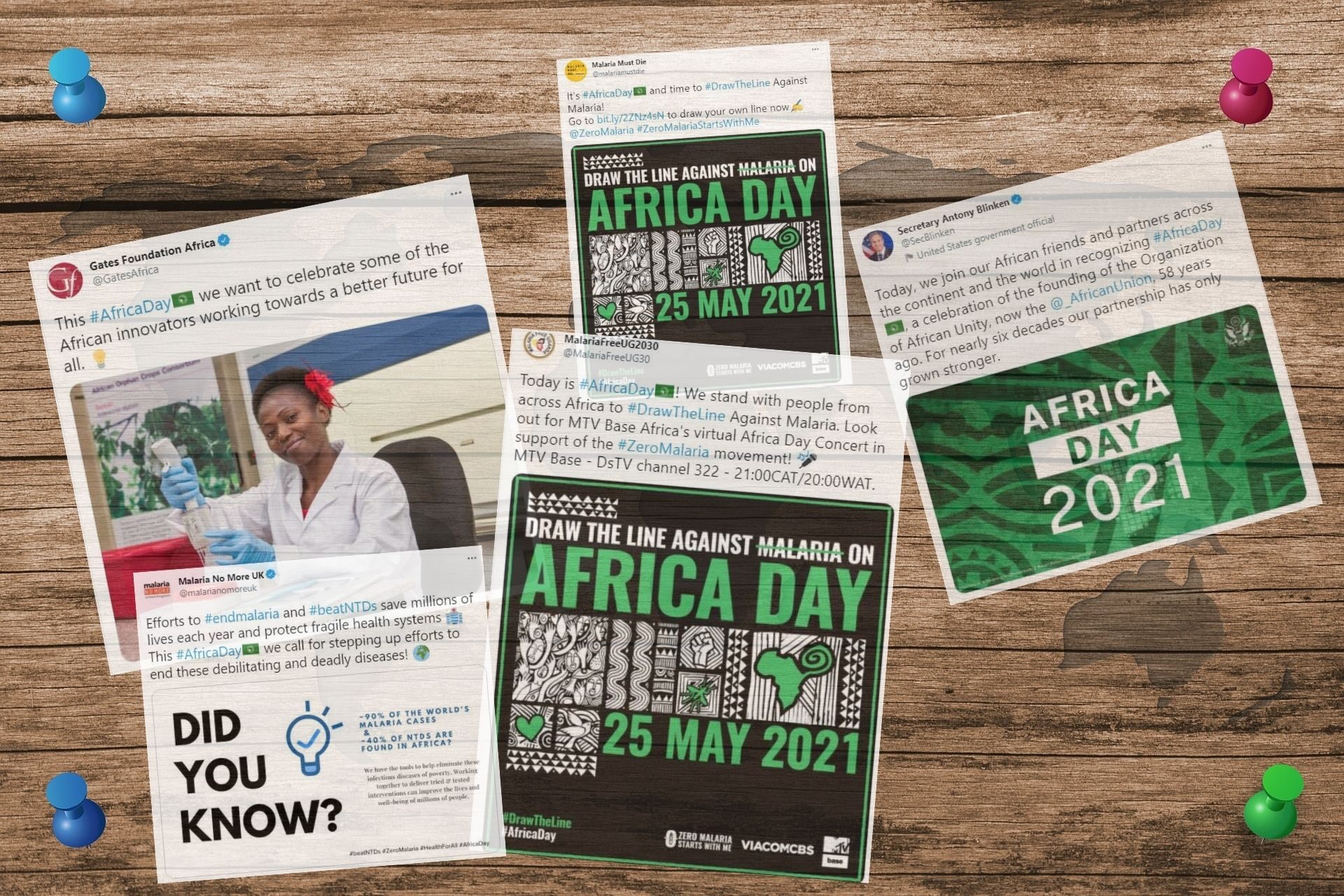World Malaria Day on the 25th of April was an opportunity to come together, to both promote the excellent progress made towards global targets and to keep a spotlight on the work that lies ahead. Where targets have already been met, this has been facilitated by strong political commitment, medical intervention and financial investment.
It is great and encouraging that the E-2020 progress report confirmed that a further eight countries have reached zero transmission, including China and El Salvador. The achievements of El Salvador, which became the first country in Central America to be awarded a certification of malaria elimination by the World Health Organization (WHO) in February 2021, in particular, should serve as an inspiring message of hope to malaria-endemic countries that the disease can be defeated. At the Virtual Forum on Malaria Elimination on the 21st of April, Dr. Pedro Alonso, director of the WHO Global Malaria Programme, spoke of how El Salvador has overcome great challenges to achieve its malaria-free status and that, often, the ‘last mile’ to eliminating malaria is ‘the hardest mile to walk’.
In addition, around half of previously malaria-endemic countries now have less than ten thousand cases. China, for instance, once enduring 30 million cases per year, is now able to claim malaria-free status (defined by three consecutive years of zero transmission).
Factors responsible for eliminating the disease are the same as those stopping its re-emergence. Dr Alonso believes that ‘ownership’ and ‘leadership’ are central to managing and tackling the disease. Good surveillance, data and community engagement mean that challenges can be foreseen and responded to. Real-time data has been immensely valuable, as this has ensured a targeted response, and of equal importance, a prevention of resurgence.
At ERADA, we feel that strong and fair health systems, and early diagnosis, play a major part in preventing the worst outcomes of malaria and contribute to saving lives. Dr Melanie Renshaw, of the African Leaders Malaria Alliance (ALMA), spoke of the importance of financial investment and funding to combat malaria at the Virtual Forum on Malaria Elimination, as financial aid has resulted in less burden on strained health systems, and in turn, higher survival rates and increased overall prosperity. Countries which have been successful neither limit nor discriminate: they have adequate diagnosis and treatment systems for all, and operate within a truly fair and equitable context.
COVID-19, whilst unfortunately causing disruption to 31% of malaria programmes, has also shown that when the world is challenged, resources are ready and plentiful, as demonstrated by the speed of production of multiple vaccines. And lessons have been learnt from the pandemic, particularly in the area of vaccine advancement. Recently, researchers and scientists at the University of Oxford and its partners achieved what was once thought of as ‘impossible’ and a feat equal to walking on the moon; its malaria vaccine candidate, R21/Matrix-M, achieved a 77% efficacy rate in its Phase IIb trial, surpassing the WHO’s specified goal of 75% efficacy.
The necessity of accelerating vaccine development during the COVID-19 pandemic has led to advancements in technology and science that could also benefit the fight against malaria. As an example, the R21/Matrix-M vaccine candidate is hoped to be approved for use within the next two years, a process which normally takes three to five years. Adrian Hill, director of the Jenner Institute commented that “there is a similar case for deploying malaria vaccines early to save lives, that there is for deploying COVID vaccines” and here, at ERADA, we absolutely agree that this action is needed to save millions of lives. Malaria still takes the lives of more than 400,000 people a year according to the WHO’s World Malaria Report 2020, and accelerated treatment and vaccine development is crucial.
In addition, recent pilot programmes deploying the RTS, S vaccine in Malawi, Ghana and Kenya, have produced a first set of data on effectiveness and safety. Dr Alonso assured attendees of the virtual forum that this gives good reason for reassurance. In October, there is due to be a joint assessment to consider the recommendation of a vaccine roll-out. For children, in particular, this would be an incredibly exciting and potentially life-changing development, as the world has been seeking a possible solution to malaria for over a hundred years now. Tragically, children under five are the demographic that bear the brunt of the burden and impact of malaria, and even for young people and parents, malaria has been stealing their future and opportunities for centuries.
The complexities of developing a vaccine for malaria were explained by Dr. Alonso; in comparison with COVID-19, the malaria parasite is much harder to treat. The parasite was even referred to as the ‘space shuttle’ of parasites; indeed, at ERADA we feel that an effective malaria vaccine and rollout, and finally defeating mankind’s oldest enemy, would be one of the most significant public health achievements the world has ever seen.
Dr Renshaw commented that modelling suggested a worse-case scenario of a potential doubling of malaria cases: both a direct and indirect cause of the pandemic. It was a relief to hear that this hasn’t materialised, in part due to high levels of advocacy from RBM Partnership, other organisations and, of course, an army of dedicated health workers, who have worked tirelessly throughout the pandemic to ensure those most in need have been reached. All of us whose mission it is to eradicate malaria owe them our thanks. Mosquito nets have been widely distributed with modifications in place to ensure safety during the COVID-19 pandemic, and with PPE distribution and work to avoid stock-outs, a potential catastrophe has been averted. But maintaining pressure and attention on malaria is still crucial.
Whilst we celebrate the fantastic progress that has been made to date against malaria, it’s also important that the world reflects now on how progress can further be accelerated. It is worrying that, for the last few years, global investment in combatting malaria has plateaued, and even the billions invested still falls short of estimates required to meet targets. As Dr. Alonso put it, ‘we are way off track’. But it is not just a question of greater financing, a multi-pronged approach will be necessary; political support, robust healthcare systems and research and development will also be crucial if the world is going to win this fight.
But this is ultimately a message of hope. While the road to eradication of malaria may still be long and hold many challenges, we absolutely believe that, within our lifetimes, there is a good chance we will finally see a world free of malaria – and that is worth continuing to fight for.
George Duncan
Business Development Director








